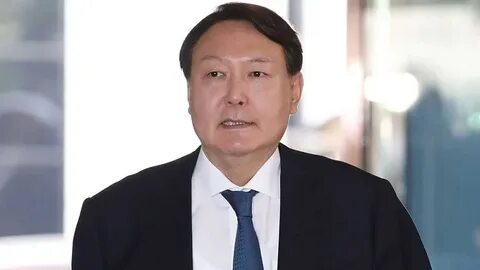Hong Kong. June 8th. INTERFAX - South Korean President Yun Seok-yel said on Thursday that the rivalry in the world for dominance in the semiconductor industry has taken the form of extremely fierce competition, and South Korean companies will not be able to cope with such a situation alone.
"Competition for semiconductors is an industrial war. This is a total war going on at the national level," Yonhap quotes the president from a meeting dedicated to the development of the relevant branch of South Korean industry.
"Geopolitical problems have recently become the greatest risk for business. He won't be able to handle it on his own. This is a problem that the state should solve by strengthening cooperation and communication channels with the United States and other friendly states," Yun Seok-el said.
Yonhap recalls that South Korea has played a leading role in the production of memory chips for 20 years, but now it is facing foreign competition and the consequences of the rivalry between the United States and China. According to the office of the South Korean president, the semiconductor industry is one of the most important industries in South Korea: its products account for 20% of exports, 55% of capital investments in equipment.
On October 7 last year, the US Department of Commerce banned the sale of the most advanced chips to China, as well as equipment, components and software for their production, with special attention paid to technologies related to artificial intelligence and potential military applications. However, Japan's Tokyo Electron Ltd and the Netherlands' ASML Holding are two of the most important suppliers of products that the United States needs for the effective application of sanctions against China.
Then it became known that the Netherlands had agreed to join similar restrictive measures of the United States. At the end of May, it was reported that the Japanese government decided to tighten control over the export of equipment for the production of microchips.
On May 23, Chinese and Dutch Foreign Minister Qin Gang and Vopke Hoekstra held talks, during which Qin Gang called on the Netherlands to abandon the ban on the sale of ASML Holding NV equipment to China. Later, Qin Gang told his Japanese counterpart Yoshimasa Hayashi that Tokyo should not support the US policy aimed at creating obstacles to the production of chips in China.

